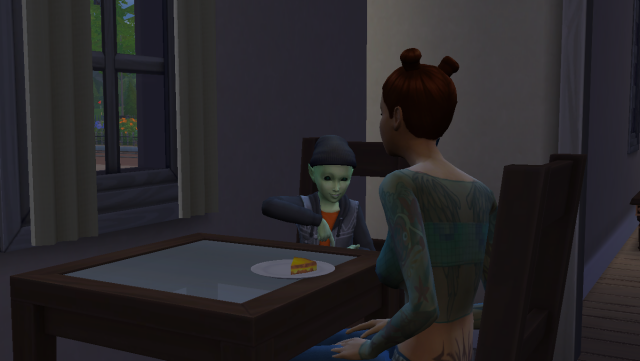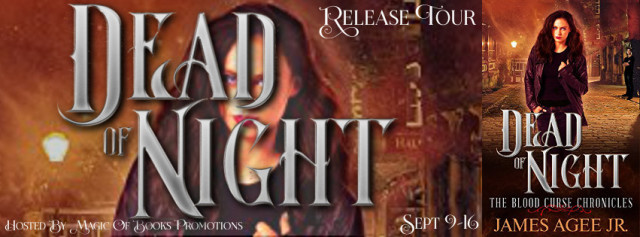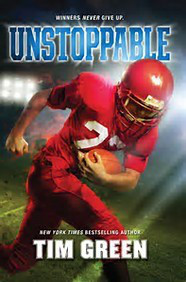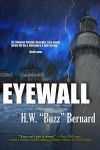Friday I left the wagon lines about 1:30 pm & arrived at the guns just before 4 pm The walking was good tho’ slippery at places I wrote J tonight, short not much news, lots of peace talk am feeling much better
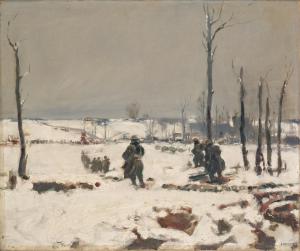
“For an hour or two there is the illusion that the snow-storm has stopped the war, like the spirit of peace in a white shroud which has spread its wings over the world and over the slaughter fields.” (1) Thus wrote Phillip Gibbs of the snow which fell a few days ago, and which remains in the persistent cold.
“Peace talk” has been going on in many forms and many forums. It is reported that the Kaiser will make a new and final peace proposal, and if it is rejected, the “responsibility for bloodshed in 1918” will fall on his enemies. (2)
The Russians, under a new government for the past six weeks since the Bolshevik Revolution, signed an Armistice with the Central Powers on December 15th, causing considerable anxiety among the Allies about the redeployment of German troops and weapons from the Eastern to the Western Front. Their negotiations for peace will persist for some months. (3) Britain’s foreign minister Arthur Balfour tells Parliament two days ago that Britain’s war policy is “identical to” that of the United States, (4) as Woodrow Wilson expressed it in his address to Congress earlier this month – “the vigorous, rapid, and successful prosecution of the great task of winning the war.” (5) The next day, Britain’s prime minister Lloyd George, delivers “another of his fighting speeches” to Parliament: “He has made it plain that the Allies are fighting for complete restoration of the territories taken by the enemy, together with compensation. In view of the report that Germany is soon to make another peace offer, the frank language of the British Premier is welcome.” (6)
The reference to compensation in Lloyd George’s fighting speech is a corrective to Balfour’s the day before, for the American policy expressly states that “the war shall not end in vindictive action of any kind; … no nation or people shall be robbed or punished because the irresponsible rulers of a single country have themselves done deep and abominable wrong.” (5) No doubt the British think “compensation” is well within the bounds of what Wilson proposed for the outcome of the war: “only that which is righteous and of irreproachable intention, for our foes as well as for our friends.” (5)
“The wrongs, the very deep wrongs, committed in this war will have to be righted. … But they cannot and must not be righted by the commission of similar wrongs against Germany and her allies… as a means of reparation and settlement.” (5)
When this warning goes unheeded, the seeds of the Second World War will be sown.
The snow’s illusion of peace, adds Gibbs, “is only an illusion and in a little while this snow will melt into rivers of mud, as it did last year, and in the mud there may be fighting again.” (1)
The 1917 painting by Frank Crozier is entitled “In the Snow, France,” and is part of the collection of the National Gallery of Victoria, Melbourne, Australia.
(1) Gibbs, Philip. “Heavy Snow on British Front.” Dateline: December 16, 1917. The Globe (1844-1936). December 20, 1917. 1. Archive available from ProQuest Historical Newspapers.
(2) “Kaiser Will Make New Peace Offer.” The Globe. December 17, 1917. 2.
(3) Kennedy, Ross. “Peace Initiatives.” 1914-1918-online. International Encyclopedia of the First World War.
(4) “Britain’s Policy Same As Wilson’s.” The Globe. December 20, 1917. 1.
(5) Wilson, Woodrow. “Fifth Annual Message to Congress,” December 4, 1917. American Presidency Project.
(6) War Summary. The Globe. December 21, 1917. 1,2.
- Share
